La Chapelle Royale, Collegium Vocale Gent - Mozart: Mass No. 18 in C minor "Great", K.427 (2003) [SACD]
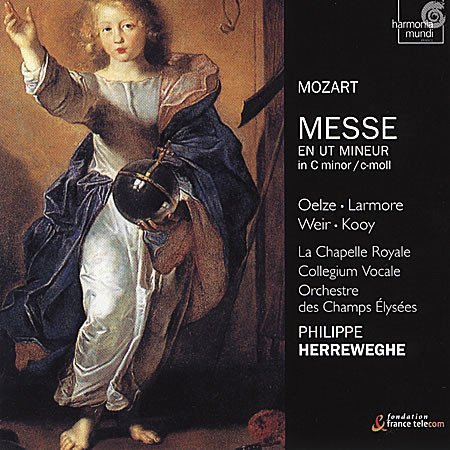
Artist: La Chapelle Royale, Collegium Vocale Gent
Title: Mozart: Mass No. 18 in C minor "Great", K.427
Year Of Release: 2003
Label: Harmonia Mundi
Genre: Classical
Quality: DSD64 image (*.iso) / 5.0, 2.0 (2,8 MHz/1 Bit)
Total Time: 01:00:19
Total Size: 2.96 GB
WebSite: Album Preview
Tracklist:Title: Mozart: Mass No. 18 in C minor "Great", K.427
Year Of Release: 2003
Label: Harmonia Mundi
Genre: Classical
Quality: DSD64 image (*.iso) / 5.0, 2.0 (2,8 MHz/1 Bit)
Total Time: 01:00:19
Total Size: 2.96 GB
WebSite: Album Preview
1 Meistermusik K.477
pour chœur d'hommes et orchestre 5'31
Messe en ut mineur K.427
2 Kyrie eleison 7'35
3 Gloria 2'34
4 Laudamus te 4'44
5 Gratias 1'07
6 Domine Deus 2'46
7 Qui tollis 5'33
8 Quoniam 4'04
9 Jesu Christe 4'41
10 Credo 3'25
11 Et incarnatus est 8'14
12 Sanctus 3'32
13 Benedictus 5'52
One of the welcome byproducts of the flood of Mozartiana churned out in response to this 250th anniversary year is the reissue of worthy titles, not least among them Philippe Herreweghe’s 1992 Mass in C minor, now available at mid-price in Harmonia Mundi’s Mozart Edition.
Herreweghe covers the Kyrie’s opening with dark strokes, the devotional gloom giving way to a radiant soprano solo, here sung by the pure-voiced Christiane Oelze who discreetly blends the operatic flair of Mozart’s writing with the piety of the text. Oelze is impressive throughout; her intimate singing draws the listener into the music, irresistibly so in the marvelous Et incarnatus est. Jennifer Larmore takes the second soprano part. Her darkish mezzo means that the usually blended ensemble singing of two light-voiced sopranos is replaced here by a strongly contrasted duo. That may disturb some, but I can’t see how anyone can be immune from responding to the beauties of their duet in the Domine Deus or in the trio of the Quoniam.
The men are lesser presences in this work, but they acquit themselves well in their relatively brief parts. The expert period-instrument band plays with mellow timbres, and the chorus superbly negotiates the Handelian fugues of the Cum Sancto Spiritu and the Osanna. They’re powerful too, in the brief but potent Gratias and in the Qui tollis, where Herreweghe elicits a sense of the tragic through his handling of the sharp accents.
The Mass is preceded by the brief Meistermusik with men’s chorus, whose role was dropped when Mozart reworked the piece a few months later into the purely orchestral Masonic Funeral Music. The sound is up to today’s standards. This disc belongs in the small handful of recommended recordings of Mozart’s “Great Mass”.
Herreweghe covers the Kyrie’s opening with dark strokes, the devotional gloom giving way to a radiant soprano solo, here sung by the pure-voiced Christiane Oelze who discreetly blends the operatic flair of Mozart’s writing with the piety of the text. Oelze is impressive throughout; her intimate singing draws the listener into the music, irresistibly so in the marvelous Et incarnatus est. Jennifer Larmore takes the second soprano part. Her darkish mezzo means that the usually blended ensemble singing of two light-voiced sopranos is replaced here by a strongly contrasted duo. That may disturb some, but I can’t see how anyone can be immune from responding to the beauties of their duet in the Domine Deus or in the trio of the Quoniam.
The men are lesser presences in this work, but they acquit themselves well in their relatively brief parts. The expert period-instrument band plays with mellow timbres, and the chorus superbly negotiates the Handelian fugues of the Cum Sancto Spiritu and the Osanna. They’re powerful too, in the brief but potent Gratias and in the Qui tollis, where Herreweghe elicits a sense of the tragic through his handling of the sharp accents.
The Mass is preceded by the brief Meistermusik with men’s chorus, whose role was dropped when Mozart reworked the piece a few months later into the purely orchestral Masonic Funeral Music. The sound is up to today’s standards. This disc belongs in the small handful of recommended recordings of Mozart’s “Great Mass”.

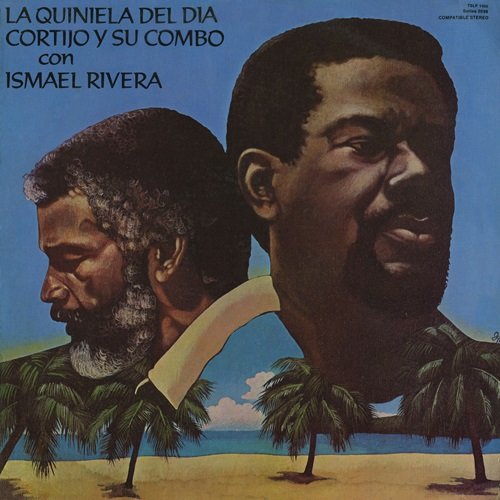
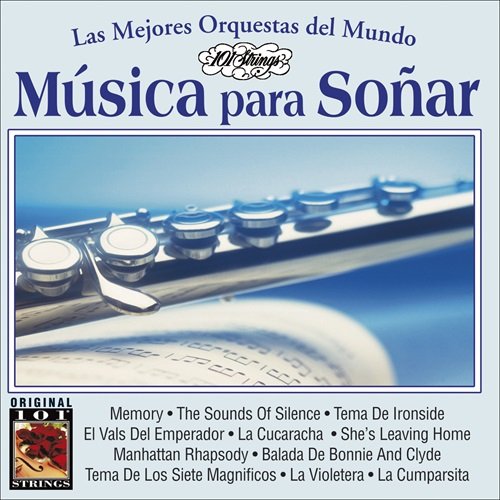

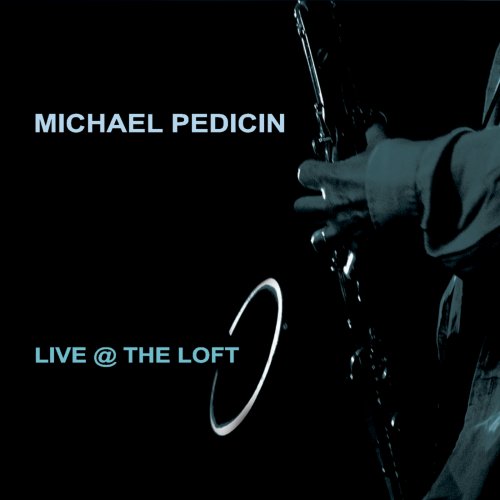

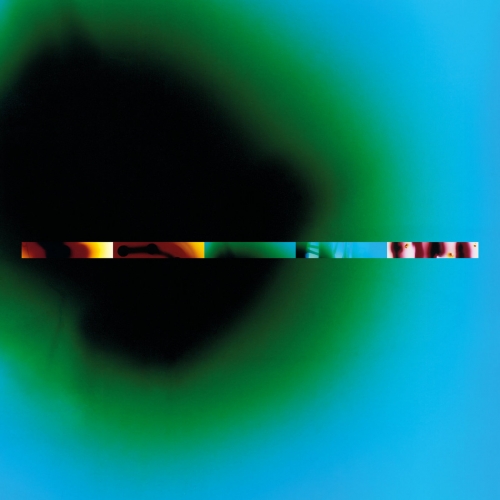
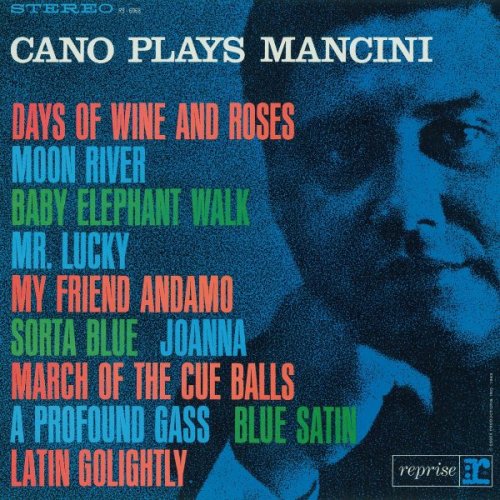
![Marius Neset - Time to Live (2026) [Hi-Res] Marius Neset - Time to Live (2026) [Hi-Res]](https://www.dibpic.com/uploads/posts/2026-02/1771945711_folder.jpg)